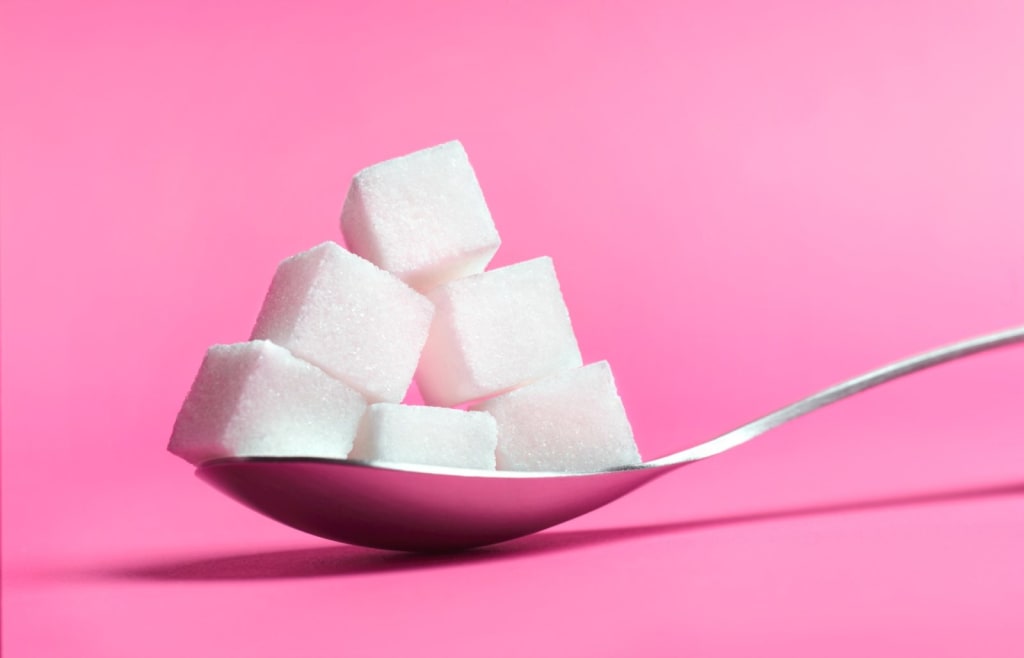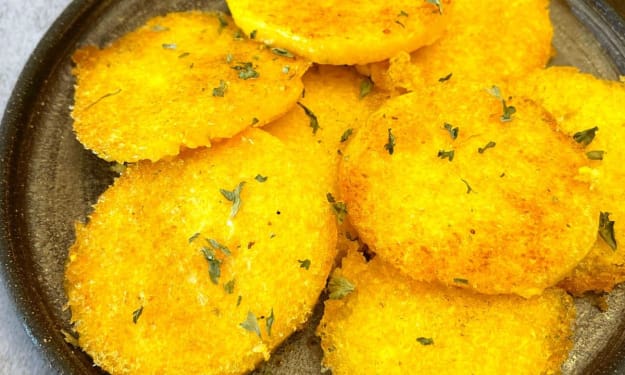What would happen if you stop eating sugar for a month?
No sugar for 30 days

Meet Amy, an adept graphic designer with a penchant for sweetness that could rival the confectionary wonders of Willy Wonka’s chocolate factory. She possesses an insatiable craving for sugar, which manifests itself in her daily rituals, be it adding saccharine delights to her morning coffee, indulging in decadent desserts, or satisfying her snack cravings with sugary treats. Emily’s lifestyle and culinary preferences epitomize the quintessential modern-day diet, heavily influenced by convenience and an unabashed love for all things sweet.
Her day typically starts with a coffee shop latte generously infused with syrup, complemented by a pastry or occasionally a bowl of sugary cereal in the comfort of her own home. Lunches are often hastily procured on the go, comprising sandwiches or salads laced with hidden sugars in dressings, while dinners frequently feature processed fare or takeout options. Snacking forms an integral part of Amy’s daily routine, with chocolate and soda ranking high among her weaknesses.
Amy’s diet, replete with added sugars, mirrors a prevailing trend in our fast-paced, convenience-driven society. It’s this habitual consumption of sugar-laden foods and beverages that initially sparks introspection regarding the potential impact on her health and overall well-being, leading to a monumental decision — to embark on a 30-day sugar-free challenge.
But why undertake such a challenge? The aim is simple: to gauge the physiological and psychological effects of eliminating sugar from her diet. This duration strikes a delicate balance — long enough to witness significant changes, yet short enough to remain achievable. It provides an opportunity for Amy’s body to acclimatize, detoxify, and respond to the absence of sugar, setting the stage for a transformative journey of self-discovery.
Before delving deeper into Amy’s sugar-free odyssey, let’s contextualize the pervasive nature of sugar consumption in contemporary American diets. According to the U.S. Department of Agriculture, the average American ingests a staggering 34 teaspoons of sugar daily, translating to over 500 calories. This annual consumption surpasses 100 pounds per person — an amount equivalent to three hefty cinderblocks. Moreover, historical data reveals a stark increase in sugar intake over the years, with the average American now consuming as much sugar in seven hours as their 19th-century counterpart did in five days.
This exponential rise in sugar consumption poses a grave public health concern, attributable not merely to an insatiable sweet tooth but also to the omnipresence of sugar in processed foods. From bread to salad dressings, sugar stealthily infiltrates our diets, contributing to a myriad of adverse health effects. From spiking blood sugar levels to fostering obesity, the repercussions are profound and often underestimated.
As Emily embarks on her sugar-free journey, she unveils the pervasive presence of sugar in her diet. It’s not just the overtly sweet confections she must eschew; rather, it’s the subtle sugars lurking in ostensibly healthy choices. Armed with newfound awareness, Emily scrutinizes food labels meticulously, swapping out processed staples for whole, unprocessed alternatives. Breakfast cereals yield to oatmeal; white bread surrenders to whole grain or sprouted varieties, and pre-packaged snacks cede ground to raw nuts and seeds.
The initial days prove arduous as Emily grapples with intense cravings, a hallmark symptom of sugar withdrawal. However, she remains resolute, substituting sugary snacks with wholesome alternatives like fruits and plain Greek yogurt. The journey is as much about restriction as it is about exploration, as Emily rediscovers the natural flavors of whole foods.
Navigating social settings presents its own set of challenges, as Emily contends with office birthdays and coffee meet-ups adorned with tantalizing treats. Yet, armed with resilience and determination, she learns to assert her dietary preferences while fostering meaningful conversations about health and nutrition.
Emotionally, Emily experiences a rollercoaster of highs and lows, from the initial excitement of embarking on a new challenge to moments of frustration and temptation. Yet, through introspection and journaling, she gains profound insights into her emotional relationship with food, unraveling the intricate interplay between mood and diet.
Entering the second week, Emily observes a shift in her body’s response to the absence of sugar. Headaches subside, energy levels stabilize, and cravings diminish. These physiological changes align with research suggesting that reducing sugar intake can lead to more consistent blood sugar levels, thereby mitigating the highs and lows associated with sugar spikes and crashes.
Mentally, Emily finds herself more alert and focused, free from the foggy brain and afternoon slumps that once plagued her. Improved sleep quality and mood stability further underscore the transformative effects of her sugar-free lifestyle.
By the third week, Emily’s physical and mental well-being undergo profound transformations. Clearer skin, heightened cognitive function, and improved digestive health mark her journey towards a sugar-free existence. These changes not only bolster her resolve but also serve as a testament to the profound impact of dietary choices on overall health.
As Amy concludes her 30-day sugar-free challenge, she realizes that the lessons learned extend far beyond the realm of diet. Armed with newfound awareness and empowered by her transformative journey, Amy charts a course towards a healthier, more vibrant life. While the challenge may have ended, its legacy endures, shaping Emily’s dietary choices and well-being for years to come.
Emily’s commitment to a reduced sugar lifestyle promises enduring benefits, from mitigating the risk of chronic illnesses to enhancing overall quality of life. By embracing moderation and mindfulness in her dietary choices, Emily sets a precedent for sustainable health and well-being.
Emily’s sugar-free journey serves as a beacon of hope, illuminating the transformative power of dietary choices in fostering a healthier, more vibrant life. As she navigates the complexities of modern-day nutrition, Amy emerges not merely as a participant in a dietary experiment but as a torchbearer for holistic health and wellness.





Comments
There are no comments for this story
Be the first to respond and start the conversation.